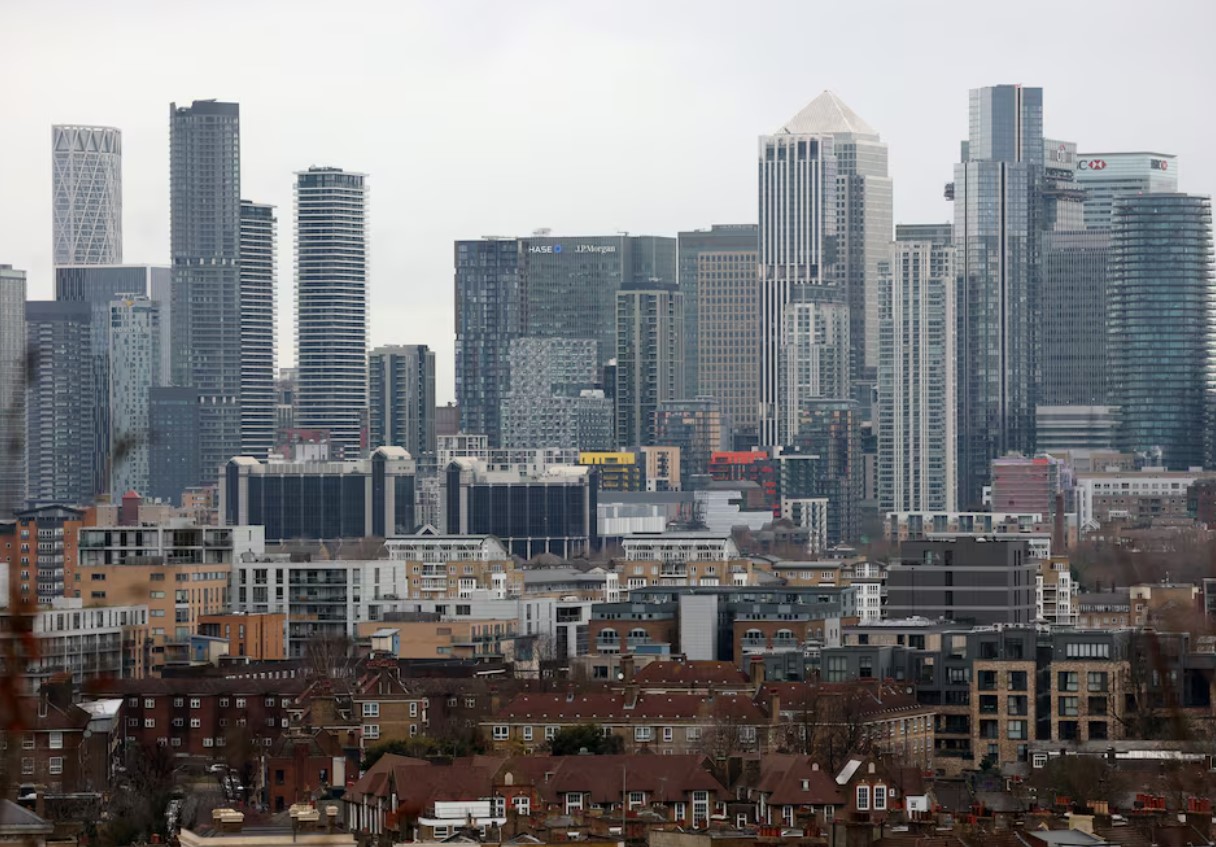Britain’s economy returned to growth in August when it expanded by a marginal 0.1 per cent from July, official data showed on Thursday, offering a little bit of relief to finance minister Rachel Reeves as she prepares her November budget.
However, gross domestic product in July was revised to show a 0.1 per cent fall from June having previously been seen as unchanged, the Office for National Statistics said.
Britain’s economy is on course to have the second-fastest growth among the Group of Seven nations in 2025 after the United States, the International Monetary Fund said this week.
But at 1.3 per cent its annual pace of expansion is not enough to avoid the need for tax increases in Reeves’ budget.
Fergus Jimenez-England, an associate economist with the National Institute of Economic and Social Research, a think tank, said early indicators for September pointed to limited growth in the third quarter.
“Regaining momentum hinges on restoring business confidence and reducing uncertainty, which the government can support by setting aside a larger fiscal buffer in the upcoming budget,” Jimenez-England said.
Sanjay Raja, chief UK economist at Deutsche Bank, said the data showed that the services and construction sectors were in a “pre-budget funk” and he thought growth in the third quarter would be about half the Bank of England’s estimate of 0.4 per cent.
“The UK economy has yet to see the full ramifications of the US trade war,” Raja said. “Budget uncertainty is hitting its peak too – likely dampening discretionary household and business spending.”
Economists polled by Reuters before Thursday’s data release had forecast that GDP would expand by 0.1 per cent in August.
In the three months to August, growth picked up slightly to 0.3 per cent from 0.2 per cent in the three months to July, boosted by public health service work while consumer-facing services shrank, the ONS said.
BoE policymakers, who held interest rates at 4 per cent in September, are trying to steer their way between stubbornly high inflation and weak growth.
Governor Andrew Bailey said on Tuesday that the jobs market was softening and inflation pressures were cooling after official data showed unemployment rose to its highest since 2021 and private sector wage growth slowed.
Monetary Policy Committee member Alan Taylor, also speaking on Tuesday, said the British economy risked a “bumpy landing”, partly due to the impact of US President Donald Trump’s trade tariffs.
Data published earlier this week showed weak growth in retail sales, partly reflecting worries about possible tax increases in Reeves’ budget on November 26.






Click here to change your cookie preferences